My reading over the last few years has settled into a regular pattern. In a given year, I’ll read quite a lot of books that I end up thinking are OK; they pass the time long, but ultimately I don’t feel much attachment to them. I’ll read a fair number of books that I think are good (or better) and there’ll be just a precious few that change me and become favourites. That’s when I experience what Andy Miller (in The Year of Reading Dangerously) called “the dizzying force of books”; when reading becomes more – deeper – than a hobby for me.
I’ve tended to assume that this pattern is just a reflection of how things are – but what if I’m wrong? My favourite books, and the strong reactions they inspire, are the key to how and why I read; but I have never organised my reading around this, and now I want to see what happens if I do. In 2015, I’m going to go looking for books that affect me most deeply, and really try to explore what makes me tick as a reader.
What kinds of books am I talking about? Well, that’s a tricky question. They’re books as disparate as The Luminaries, New Model Army, Legend of a Suicide, Redemption in Indigo, The Hottest Dishes of the Tartar Cuisine, and Hawthorn & Child – all these books, and others, have left me with intense feelings that I was compelled to write about. But each response was unique, and it’s difficult for me to pin down a common thread. I might suggest that my favourite books often carry some sense of their own artifice – certainly I have learned in recent years that the power of fiction is not diminished for me if I’m kept reminded that it’s just words on a page (quite the opposite, sometimes). But I’m only really going to find out what books I like best by actively reading and thinking; this will do as a starting point, however.
What does this all mean in practical terms for my reading and blogging? Reading more selectively, for one thing; more of a balance of old and new, probably. I still want to take chances on new books (I’ve found plenty of gems that way, after all); but I’m going to be choosing books primarily on whether I think they’ll have that ‘something’, and dropping them more readily if it turns out that they don’t. I know this is vague: it’s going to run largely on instinct, and I’m still going to like some books better than others. The point is that I want to concentrate on books that ‘enrich’ me (in a broad sense) as a reader, and be attentive to all the different ways in which that can happen.
In terms of this blog, I’m not sure yet: my responses to books might get more personal; I might do fewer of the round-up posts; we’ll see. One big change, though, is the name of the blog. I chose ‘Follow the Thread’ six years ago; it was intended to denote following the thread of an argument, but also to echo Theseus following the thread through the Labyrinth, as a nod to the fantasy and science fiction that was my primary reading material at the time. All this is still fine – but my reading has developed in a different direction from the one I anticipated in 2009, and I want my blog to have a name that reflects the reader I am now.
So I’ve come up with ‘David’s Book World’, which is essentially what the blog is about – the books that make my world, and how I see them. It’s also a recognition that translated fiction, and other ‘world lit’, are (and remain) integral parts of what I read. And it even lets me keep the URL.
I never have had a succinct answer to the question ‘What sort of books do you like?’ Now I have a whole blog where I’ll try to find an answer.
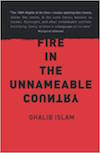
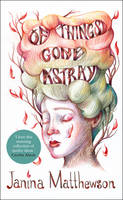

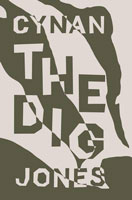

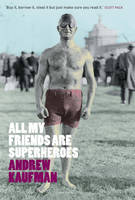

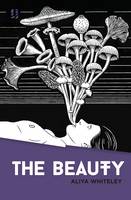


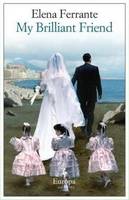
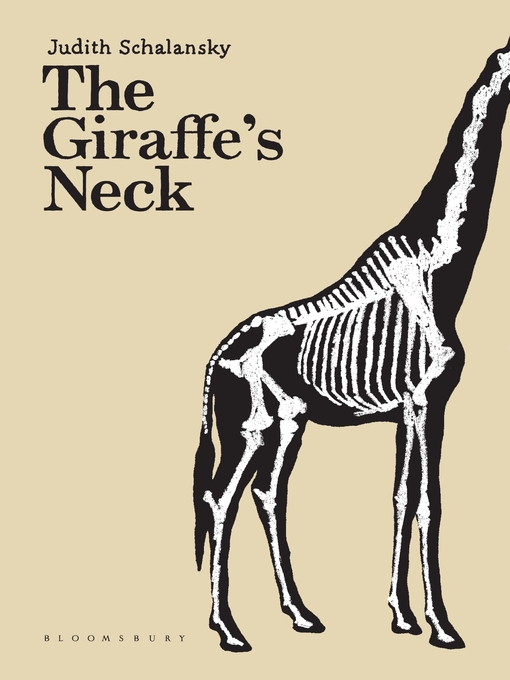

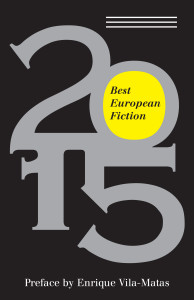
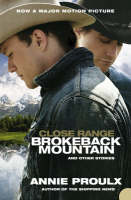
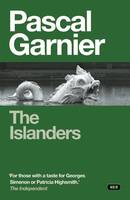

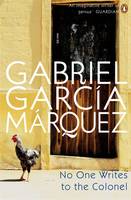
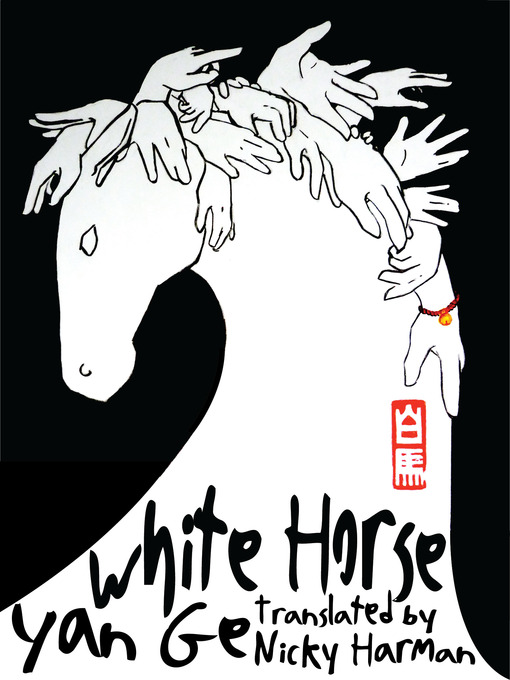
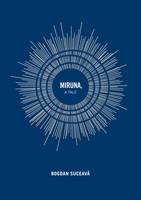
Recent Comments